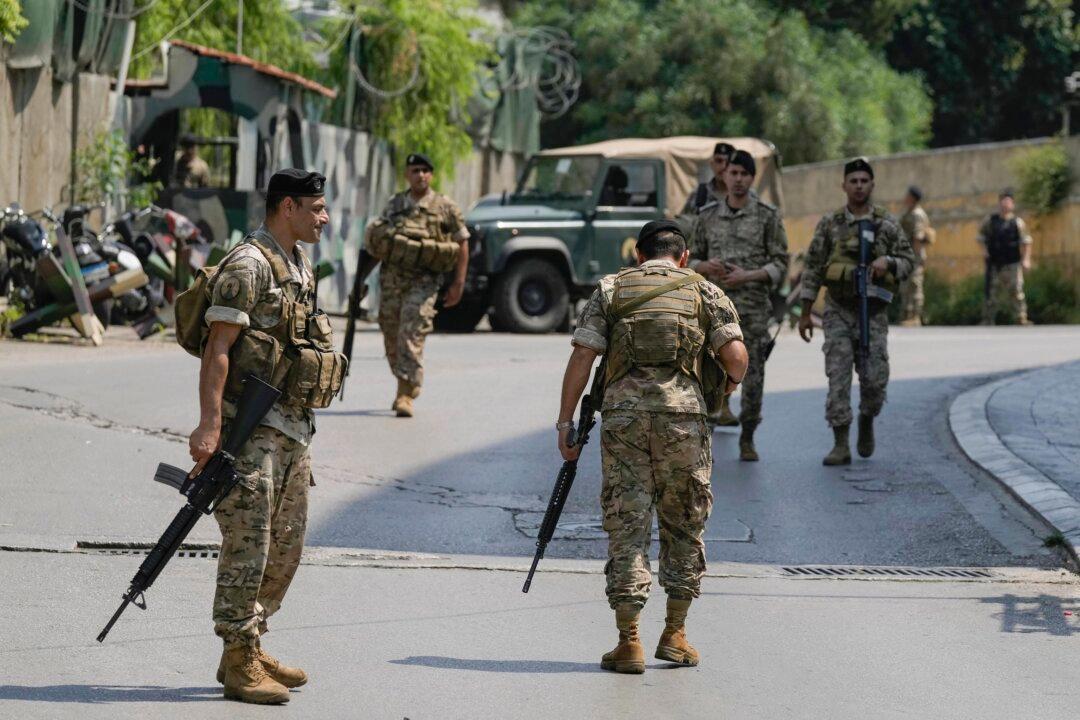The United States, the United Kingdom and other countries are calling on their citizens to avoid traveling to Lebanon as tensions between Israel and the Iran-backed Hezbollah have intensified.
The U.S. Embassy in Beirut issued a travel advisory on Thursday warning American citizens against travel to southern Lebanon, the Lebanon-Syria border area or refugee settlements.





